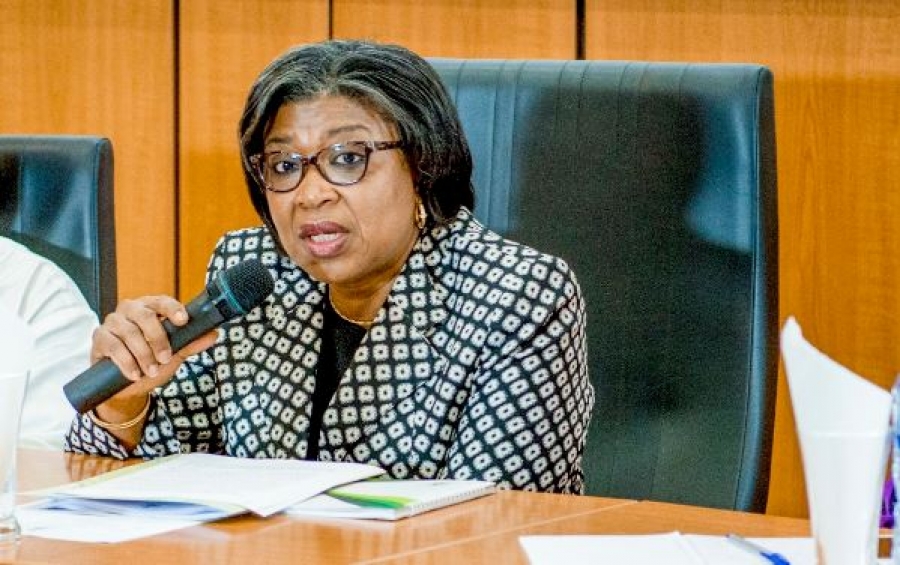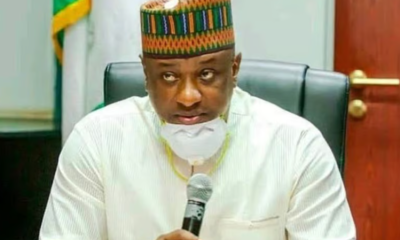The Debt Management Office has stated that Nigeria is not at risk of “debt distress” due to its $15.9 billion Eurobonds.
The DMO made the clarification in a statement on its website in reaction to an alarm raised by Robert Asogwa, a member of the Monetary Policy Committee (MPC) of the Central Bank of Nigeria (CBN).
Asogwa had expressed worry over the country’s rising debt, particularly the increasing accumulation of Eurobonds in the external debt component.
He said, “The unexplained government preference of Eurobonds at high-interest costs, with the associated exchange rate, risk may likely hurt Nigeria sooner than anticipated.
“The escalating fiscal sector deficits with the attendant rising debt ratios are part of the weak links in the domestic economic environment.
“The poor revenue growth in a period of expanding government expenditures has continued to soar the budget deficit levels in the first quarter of 2022, similar to the trend witnessed in 2021.”
The DMO stated that Asogwa’s statements “may have been made without consideration for the country’s borrowing needs as captured in the Annual Budgets, Medium Term Expenditure Framework and the Debt Management Strategy.”
Explaining further, the DMO stated that the borrowing needs are derived from the Annual Budgets while the borrowing mix is based on the subsisting Debt Management Strategy.
It added that successive Debt Management Strategies had always indicated that the Federal Government’s preferred source of borrowing was concessional sources rather than commercial sources like Eurobonds.
READ ALSO: Buhari re-appoints patience Oniha as DMO’s DG
“For instance, one of the objectives of the Debt Management Strategy 2020-2023 is maximising funds available to Nigeria from multilateral and bilateral sources in order to access cheaper and long tenored funds.
Advertisement“Given the size of new borrowings in the annual budgets over the years, it will not have been proper for the Federal Government to raise all the funds from the domestic market.
“That will result in the government crowding the private sector and raising borrowing rates. Consequently, some part of the required funding has to be raised externally,” it added
It also revealed that due to these factors, Nigeria accesses concessional and semi-concessional loans as may be available, while issuing Eurobonds to part-finance the annual budgets and the infrastructure projects contained therein.
To prevent Nigeria from slipping into debt distress, the DMO emphasised the need to generate more revenues, significantly beyond the current levels.
On the country’s disturbing high debt profile, DMO said that government borrowing was not necessarily a problem, provided the borrowings were invested on infrastructure development and investment in the productive sector of the economy.


 Latest1 week ago
Latest1 week ago
 Aviation6 days ago
Aviation6 days ago
 News2 days ago
News2 days ago
 Featured4 days ago
Featured4 days ago
 Featured6 days ago
Featured6 days ago
 Covid-197 days ago
Covid-197 days ago
 Business2 days ago
Business2 days ago
 Crime3 days ago
Crime3 days ago



